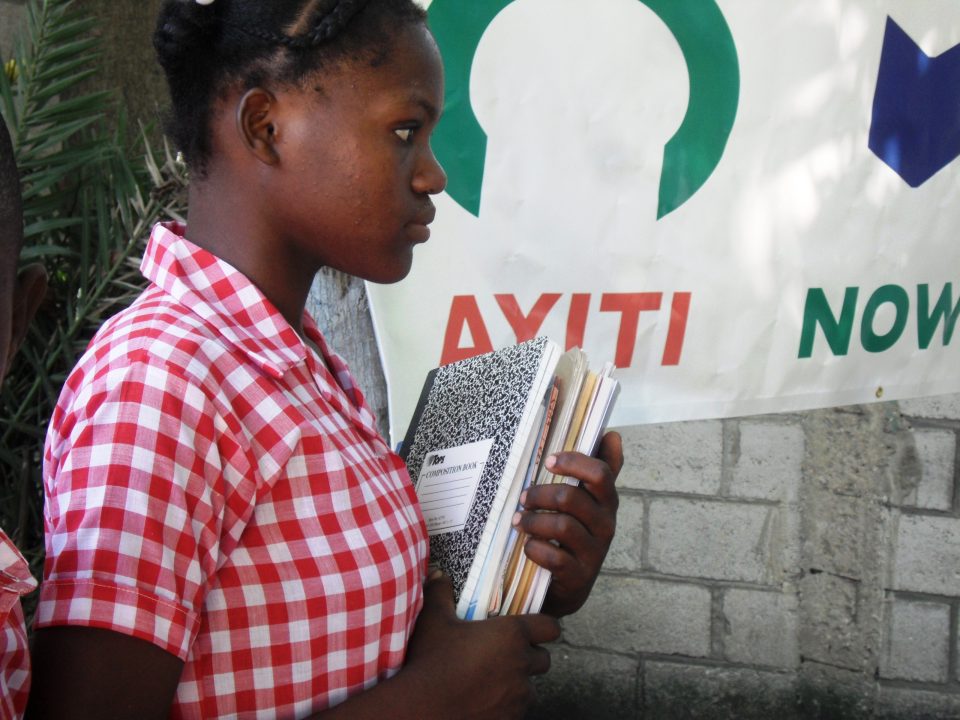Research on Movement of Children
FAFO researchers asked guardians of children 14 years of age or younger who were living in their household about what options they found desirable. The guardians were asked to evaluate the following realistic options: "adoption", an apprenticeship, moving to a wealthier household, moving to a home of relatives, paid work (agricultural or domestic labor), unpaid work (agricultural or domestic), or moving to an urban household.
Their responses are provided below:
For guardians in households with child domestic workers:
- Most popular of the available options were moving to the home of relatives (11 percent said yes with conditions), moving to an urban household (10 percent said yes with conditions), and adoption (8 percent said yes with conditions)
- Least popular of the available options were unpaid agricultural work (25 percent said no), unpaid domestic worker (25 percent said no), paid agricultural work (25 percent said no), and paid domestic work (25 percent said no)
For guardians in households without child domestic workers:
- Most popular of the available options were moving to the home of relatives (23 percent said yes with conditions), an apprenticeship (22 percent said yes with conditions), and moving to a wealthier household (21 percent said yes with conditions)
- Least popular of the available options were unpaid agricultural work (67 percent said no), unpaid domestic worker (66 percent said no), paid agricultural work (65 percent said no), and paid domestic work (55 percent said no)
Interestingly, guardians in households without child domestic workers were more open (18 percent said yes with conditions) to adoption of their young children than those in households with child domestic workers (8 percent said yes with conditions, and simultaneously more opposed -- 42 percent of guardians in households without child domestic workers said no, while only 14 percent of guardians in households with child domestic workers said no.
Overall FAFO researchers tracked all responses by location of the household, though there were only minor variances in the answers by the location (Department) of the household. See the table below.
Restavek
In Haiti, many poor rural families hoping to provide a better future for their children send them to live as domestic servants in the homes of urban / semi-urban families. These children, mostly girls are extremely vulnerable to emotional, physical, and sexual abuse. These children are known as Restavek.
Data Source
Haiti Now relied on data obtained from the FAFO Research Foundation and the Institut Haitian del’ Enfance. The data was collected from 2013 - 2014.
Haiti Now has published this data online in an interactive manner. Click here to review this data in more detail, and to see other dimensions of the living conditions of Restavek in Haiti.
Another Option for Abandoned Girls in Domestic Servitude
Haiti Now ‘s mission is to give Restavek girls the ability to:
- leave domestic servitude, and
- prepare for the future they and their parents hoped for.
Our current goal is to build a residential school for Restavek girls . We intend to provide the support needed for these girls to build a healthy and financially secure future, all under one roof. In this residential school, girls will receive:
- an accelerated education,
- health care,
- emotional support,
- mentoring,
- arts and sports, and
- healthy socialization with peers and adults.
Envision the opportunity for these girls reaching their potential at our residential school, and join us to build this facility.
Please support us at https://www.haiti-now.org/donate/
